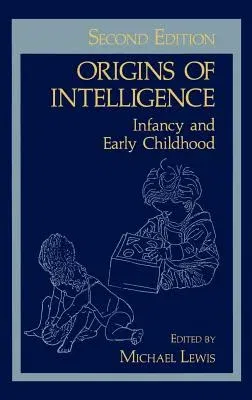Since the first edition of this volume was published in 1976, interest
in the problem of intelligence in general and infant intelligence in
particu- lar has continued to grow. The response to the first edition
was hearten- ing: many readers found it a source of information for the
diverse areas of study in infant intelligence. Because of the success of
that volume, we have decided to issue a second edition. This edition is
in many ways both similar to and different from the first. Its
similarity lies in the fact that many of the themes and many of the
contributors remain the same. Its difference can be found in the
updating of old chapters and the addition of several new ones. Taken
together, the chapters present a rounded picture of the cen- tral issues
in infant intelligence. Because the aim was to present a picture of the
issues, no attempt, other than the selection of authors and themes, can
be made to integrate these chapters into a single coherent whole. In
large part, this reflects the diversity of study found in the area of
early intellectual behavior. Rather than having a comprehensive theo- ry
of infant intelligence, the field abounds with a series of critical
ques- tions. To unite these chapters into some coherence, it will be
necessary to articulate what these issues might be. Five major themes
run through- out the field of infant intelligence and thus through this
volume.

